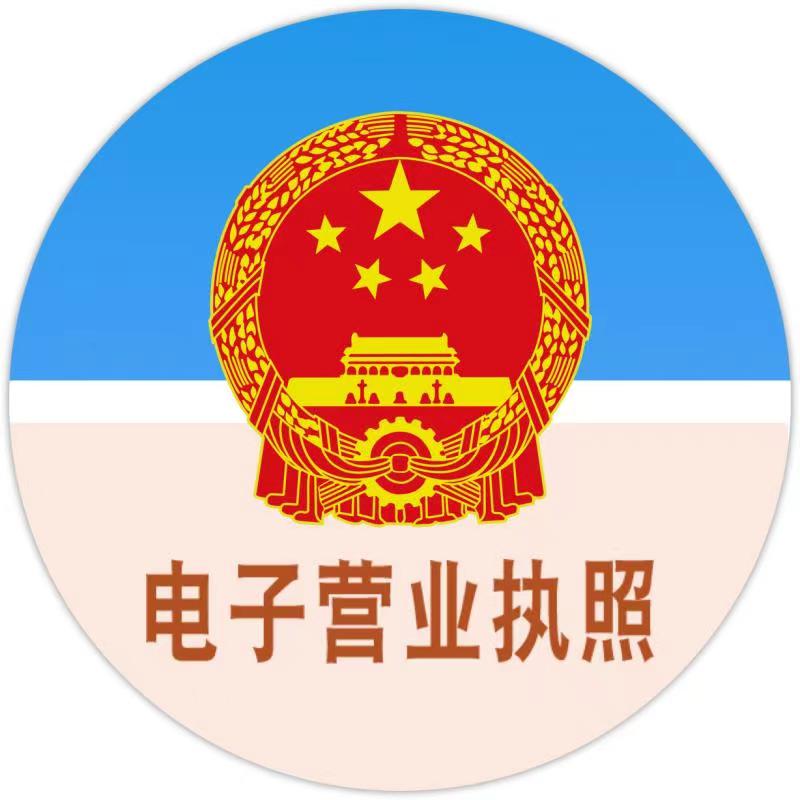Industry news
Japan should put more effort into containing contaminated wa
release time:2023-04-18
With the countdown to the release of contaminated water from Fukushima into the sea, the Japanese government is making a public-relations push to quell opposition at home and abroad, most recently using its chairmanship of this year's Group of Seven summit to drum up support for the plan. The G7 Climate, energy and Environment ministers' Conference concluded in Sapporo, Japan, on April 16. According to Japanese media reports, after the joint press conference held by Japan, Germany and Italy, quite a dramatic scene took place. Yasminoru Nishimura, Japan's minister of economy, trade and industry, said the joint ministerial statement "welcomes the progress" in the disposal of waste reactors, "including the discharge of 'treated water' into the sea." Hearing this, Steffi Lemke, the German Minister of Environment, Nature Protection, Nuclear Safety and Consumer protection, who was sitting nearby, immediately refuted, pointing out that the so-called "welcome" only covers waste furnace operations and does not cover the discharge of nuclear-contaminated water. "We cannot welcome the discharge of 'treated water'". In response to the Fukushima Daiichi nuclear power plant accident, the G7 Joint Statement of Climate, Energy and Environment Ministers welcomed the steady progress in the disposal of nuclear power plant waste furnaces. The statement stressed support for an independent review by the International Atomic Energy Agency (IAEA) to ensure that discharge of treated water from the ALPS System complies with IAEA safety standards and international law and does not cause any harm to humans or the environment. Apparently, Japan's attempt to insert language in the joint statement that the G7 "welcomes" the process of discharging contaminated water from Fukushima has failed. After the press conference, Nishimura explained to the media that due to a "slip of the tongue", he "included everything in the 'welcome'". Japan plans to discharge nuclear-contaminated water into the sea, which may last for decades, and the potential harm to Marine environmental safety and fisheries safety is self-evident. However, the Japanese government and Tokyo Electric Power Company seem not to focus on controlling the impact of nuclear-contaminated water on human beings and the environment, but to confuse the public and launch intensive public relations offensive. Advertisements were placed on television, in newspapers and online media to promote the "safety" of nuclear-contaminated water. Japan has frequently held briefings on the release of nuclear-contaminated water into the sea for foreign diplomats and foreign journalists, making every effort to publicize the safety of the release of nuclear-contaminated water. In the Japanese explanations on the discharge of nuclear-contaminated water into the sea, especially in the foreign language versions, the term "treated water" is generally used to refer to "nuclear-contaminated water", with the intention of diluting its pollution characteristics and potential hazards, so as to confuse public opinion. Japan's public relations offensive has also focused on Pacific island nations whose livelihoods depend heavily on the Marine environment. Pacific island nations are expected to be most affected by the release of contaminated water from Fukushima due to their geographic location and ocean currents. These island countries, which suffered from nuclear tests conducted by the U.S. and others in the Pacific Ocean, are strongly opposed to the release of contaminated water from the Fukushima nuclear disaster, making them the focus of the Japanese government. Some Japanese experts have publicly suggested that the Japanese government should disseminate more voices favorable to Japan's position through major media in Pacific island countries and regional media. For its own hegemony, the US colluded with Japan on the discharge of contaminated water from the Fukushima nuclear plant. In response to Japan's release of nuclear-contaminated water, the US State Department spokesperson went even further, lying with his eyes open, saying that Japan's practices were "in line with international standards". Fukushima nuclear contaminated water discharge into the sea is not a private matter, small matter of Japan, but related to the Marine environment and human health, business, major events. In disregard of the legitimate concerns of the international community and in violation of its due international obligations, the Japanese government forced the release of contaminated water from the Fukushima nuclear plant into the sea, jeopardized the Marine environment and public health, and infringed on the legitimate rights and interests of neighboring countries. It is by no means a responsible country. Japan should focus on containing contaminated water, not on public relations stunts.
 Service Hotline:133-9305-7858,If you are interested or in doubt, please call!
Service Hotline:133-9305-7858,If you are interested or in doubt, please call!
YuHe Technology - dedicated to serve you!
Keywords:Nuclear Industry,Nuclear medicine,Intervention protection,Lead material







